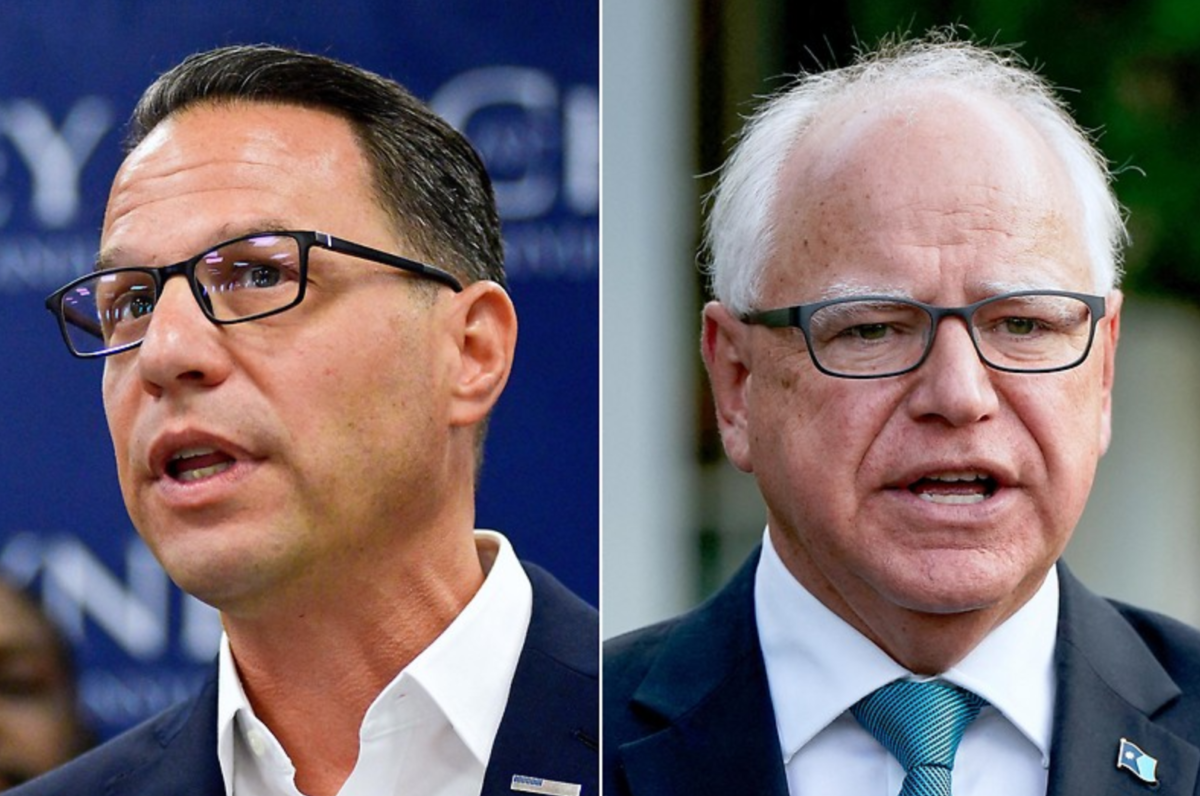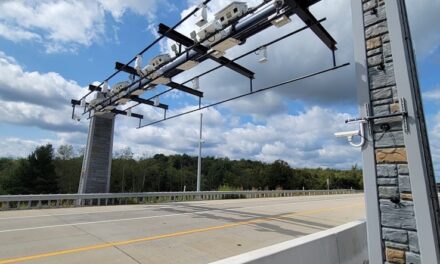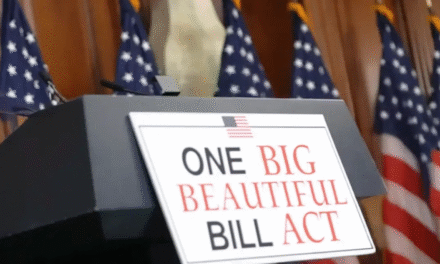State lawmakers have issued memos containing their plans for new laws to be enacted in Pennsylvania.
Hundreds of co-sponsorship memos about new law ideas have been written by state lawmakers in Harrisburg in an effort to gain support from colleagues.
The first days of a legislative session typically bring a large amount of memos to the Capitol with ideas for new laws.
A proposed measure that has previously had bipartisan backing suggests suspending the pay of lawmakers, the governor, and the lieutenant governor in the event of a budget impasse. Republican Representative Jill Cooper and Democratic Representative Jim Haddock worked together to issue the memo. Cooper said, “I call it my no-budget, no-pay bill.”
This measure would provide financial motivation for lawmakers to finish the budget, which is something they often struggle to do by the end of the fiscal year. Representative Cooper was among nearly twelve lawmakers who opted to defer receiving their pay until the state budget was resolved.
Representative Haddock, a former school director that is familiar with the budget process, said that failing to complete the budget on time negatively impacts school districts and “is not fair to the taxpayers”. Representative Cooper said that the purpose of the measure is to put “a financial burden on the elected officials.”
Republican Representative Brad Roae submitted a memo that would reduce the size of the state Gaming Control Board from seven to five members. Roae said he believes their salaries are “ridiculous”. As of November, six members of the board made $145,018. The chairperson was paid $150,006. State lawmakers’ base pay is about $110,000 annually.
In the memo, Representative Roae wrote, “PA has several hundred authorities, board, and commissions with about 99% offering no compensation. The PA Turnpike Commission pays $26,000 a year and the PA Liquor Control Board pays $76,000 a year but more of the several hundred others pay nothing.”
Hundreds of other memos were filed by state lawmakers, including a law giving Pittsburgh the ability to set up a Longtime Owner-Occupant Property Tax Relief, or LOOP, program. It allows the city exempt or defer increases in property taxes for people with extended periods of time in homes they own in neighborhoods where property values have soared.






